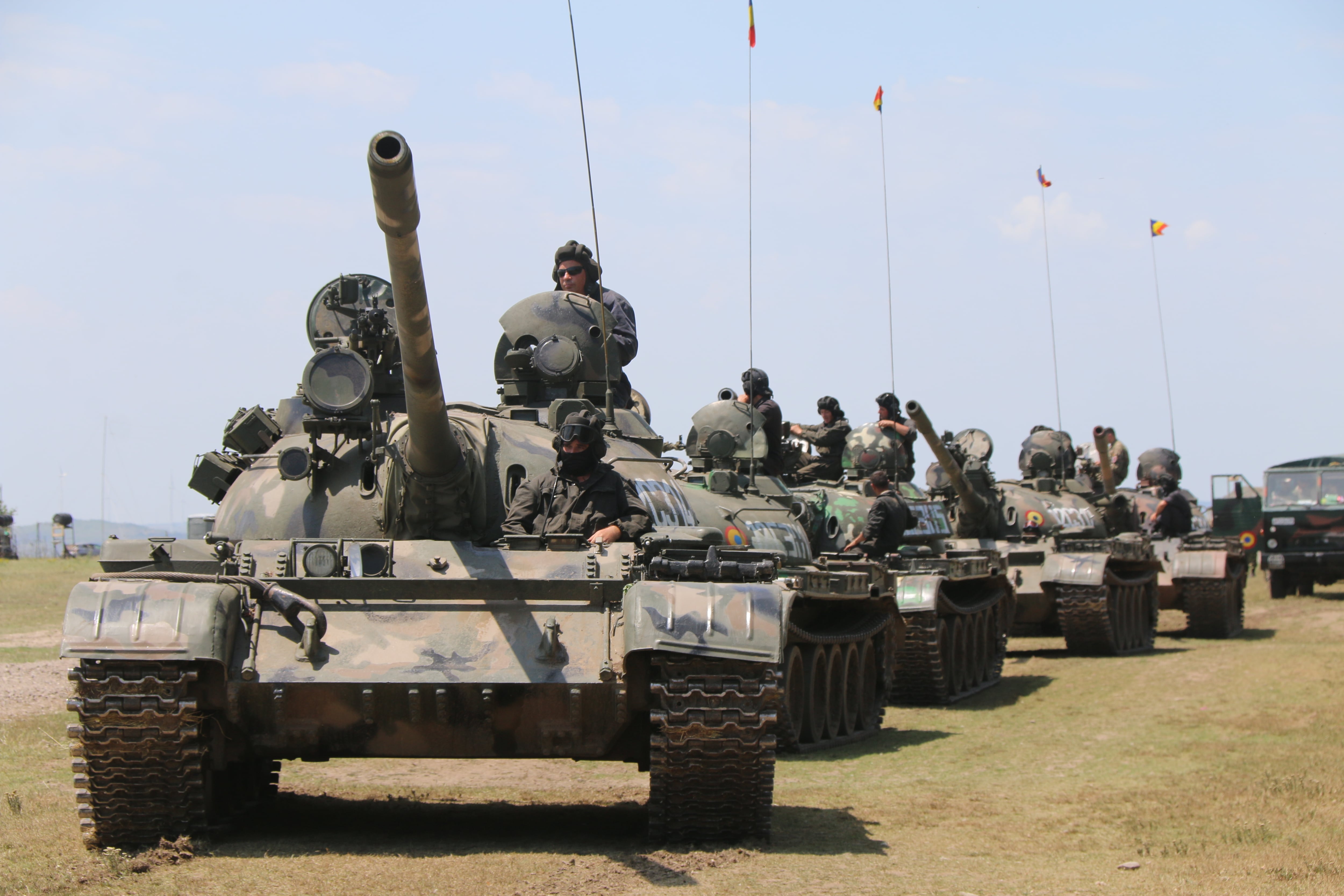COLOGNE, Germany – As Western leaders continue to squabble over military contributions to NATO, a new report warns that the true threat to the Alliance lies in the rise of anti-democratic leanings in its own ranks.
The diagnosis is one of several findings that led the authors of this year's Munich Security Report to describe a sense of “Westlessness” paralyzing the trans-Atlantic community as rival powers like Russia and China are plotting their ascent.
“Today, the West as we know it is contested both from within and from without,” Wolfgang Ischinger, chairman of the Munich Security Conference, wrote in the document, released on Monday ahead of weekend event.
According to the authors, the threat inside comes in the form of “illiberalism” that prizes ethnic, cultural and religious unity over the rules-based order that has guided the West for decades.
Such tendencies are on the rise in Europe, with far-right parties gaining steam or having secured some power already, as well as in the United States, where ideas of the alt-right movement have permeated the political discourse at the highest level.
So dangerous is the drifting apart within NATO and the European Union that it dwarfs the heated arguments about the share of funding contributions to those institutions, the authors argue.
RELATED

“Ongoing debates about funding both in NATO and the EU suggest that many have still not understood what is at stake,” the report states. “If NATO and the EU were to disband, debates about spending 2 percent on defense of GDP or about slight increases to the EU budget would, in retrospect, be seen as petty and short-sighted.”
The idea of Western security contracts being undermined by internal, autocratic tendencies was an emerging theme of the 2019 Munich Security Conference, though that event focused more on the visible confluence of the crises du jour that continue to this day.
Making “Westlessness” the theme of this year's event promises a new element of introspection, though it remains to be seen if the champions of the West can make themselves heard amid the acrimony between global leaders that tends to play out on stage at the Bayerischer Hof hotel in Munich.
Conference participants from the United States are slated to include Defense Secretary Mark Esper, Secretary of State Mike Pompeo, and Energy Secretary Dan Brouillette, the organizers have announced. In addition, Republicans and Democrats are expected to send delegations, including Speaker of the House Nancy Pelosi.
Iranian foreign minister Javad Zarif is expected to speak again this year, putting the spotlight on the future of the Iran nuclear deal. Russian foreign minister Sergey Lavrov also is on the agenda, as are French President Emmanuel Macron, Canadian Prime Minister Justin Trudeau, NATO Secretary-General Jens Stoltenberg, as well as top diplomats from China, Japan and India.
Sebastian Sprenger is associate editor for Europe at Defense News, reporting on the state of the defense market in the region, and on U.S.-Europe cooperation and multi-national investments in defense and global security. Previously he served as managing editor for Defense News. He is based in Cologne, Germany.








